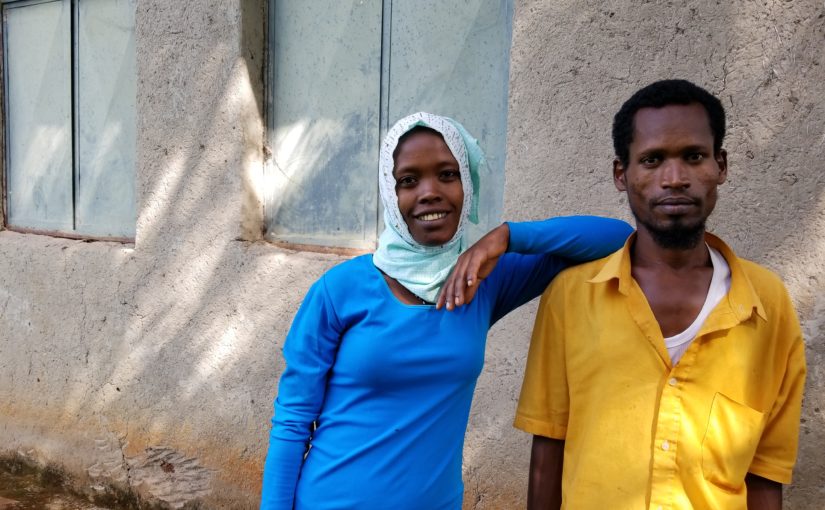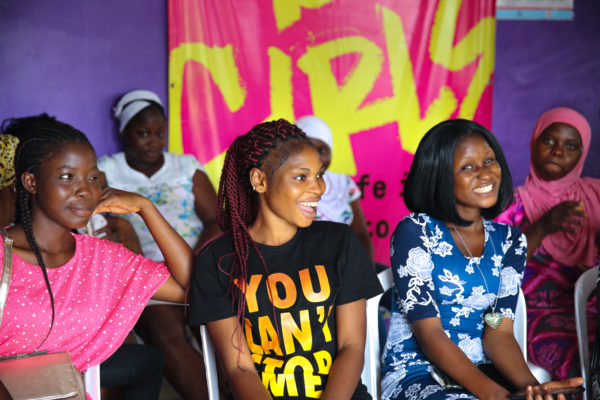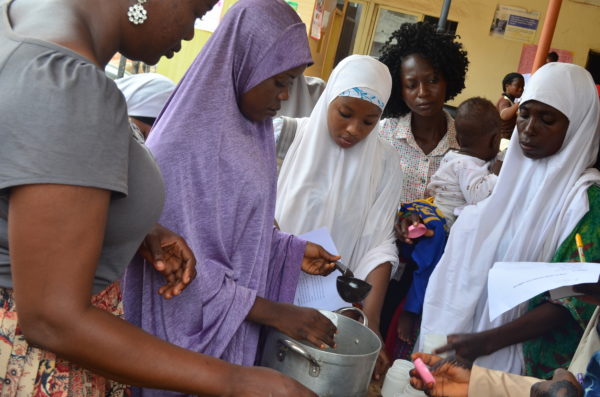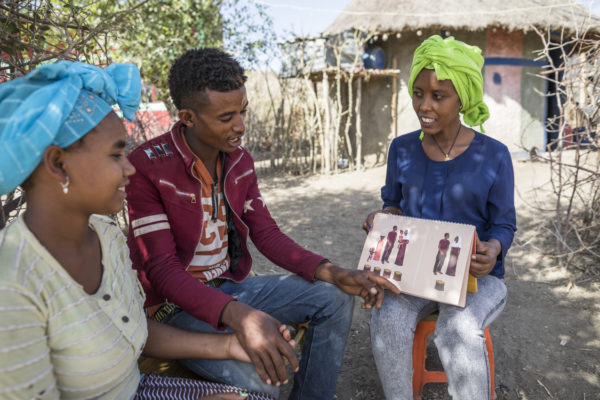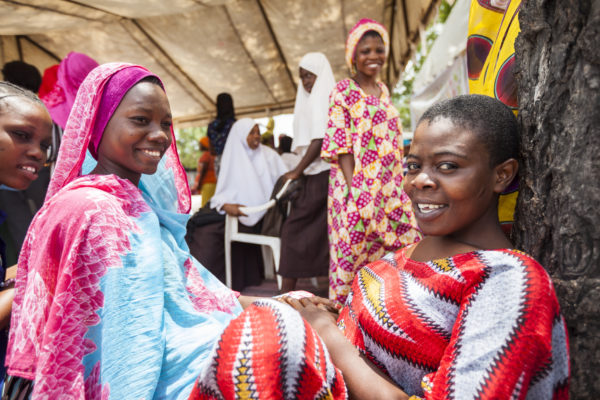Improving how the public health community collects and applies local sexual and reproductive health data can help decision makers tailor interventions to the needs of their local population.
That’s backed by the latest research published in Reproductive Health that dove into Adolescents 360’s intervention countries to understand the sexuality, fertility and contraceptive use characteristics of married girls aged 15-19.
As the publication explains:
Surveys of married women aged 15 to 19 years were conducted in Oromia (Ethiopia), Nasarawa (Northern Nigeria), and Mwanza (Tanzania). We also asked husbands of female respondents whether they supported adolescent women using modern contraception. The majority of adolescent women reported some level of education, and had been pregnant in the past. In Oromia and Mwanza, most respondents had seen or heard about contraception in the last 12 months compared to only a third in Nasarawa. Unmet need for contraception, defined as the proportion of women wishing to stop or delay having children but who are not using contraception, was high. The use of modern contraception was low but highest in Oromia, followed by Mwanza and Nasarawa. Attitudes of female respondents and their husbands towards contraceptive use were positive and broadly similar with respect to approving of married couples using a modern contraception to avoid or delay pregnancy.
Dive into the research by clicking on the link below.

